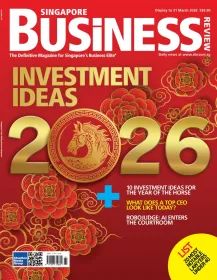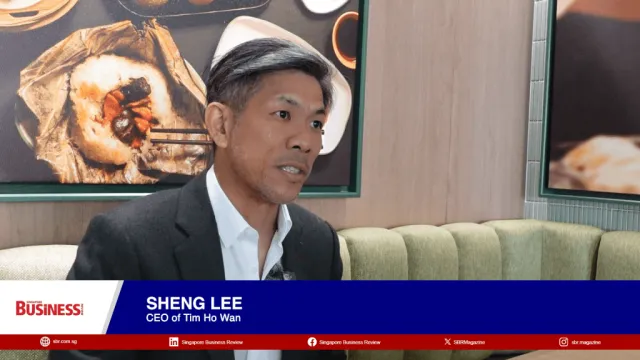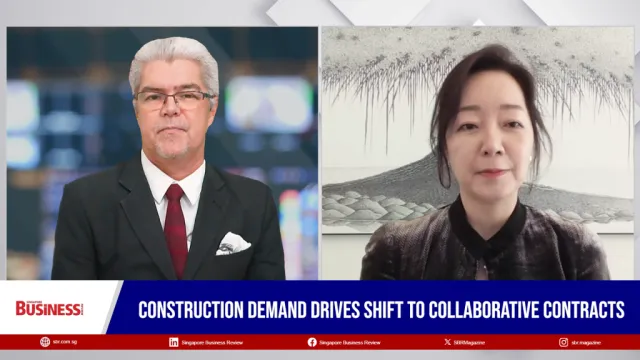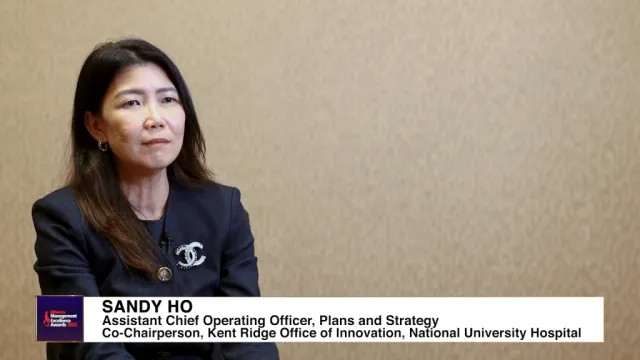Join the community
Thought Leadership Centre
Most Read
1. Singapore to slash CDC vouchers as Budget 2026 pivots to defence 2. Budget 2026 to surge tech funding as ageing workforce squeezes growth: analysts 3. OCBC and UOB to reverse year-long NIM slide in Q4 4. E-ang bao use jumps nearly 50% in 2025 as seniors ditch red packets: OCBC 5. UOB set for growth as DBS, OCBC earnings hold steady: reportResource Center
Awards
Apr
14
Event News
Singapore Business Review Management Excellence Awards 2025 Winner: Moninder Jain of Logitech Singapore Pte Ltd
Moninder Jain of Logitech Singapore highlights how human and AI collaboration strengthened the company’s market position.


 Advertise
Advertise
















Commentary
10 steps to be promoted from HR Director to CEO in Singapore
10 steps to be promoted from HR Director to CEO in Singapore
6 tips to prevent credit card fraud in Singapore
Singapore looks to dethrone Hong Kong
How to get your resume thrashed instantly
Singapore's hottest jobs for 2013
Unlocking the benefits of a multi-generational workforce in Singapore
Singapore business lessons from the Olympic and Paralympic games
Could we communicate well in Singlish?
7 tips to optimize search engine marketing in Singapore
3 tips to be a jolly worker in Singapore
See how mobile commerce is skyrocketing in Singapore
The miracle of responsive relationships in Singapore organisations
Singapore's gaming industry is poised for a bingo in 2013
Why Singapore companies flock abroad for greener pasture
High time for Singapore shipping sector to get more techie
How Singapore salespeople can detect if the customer is bluffing
How Singaporeans can train their brain to stay fit